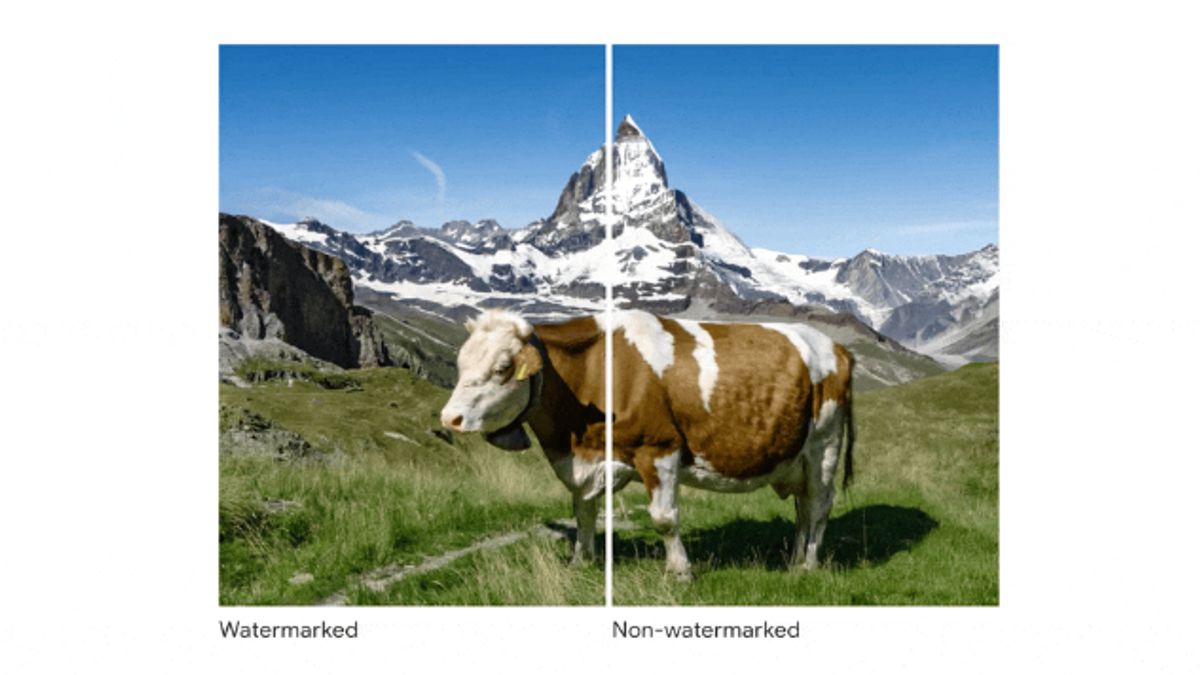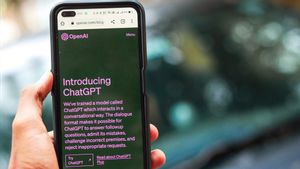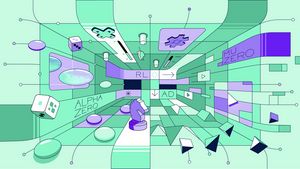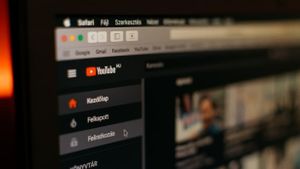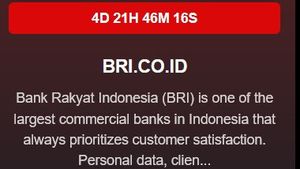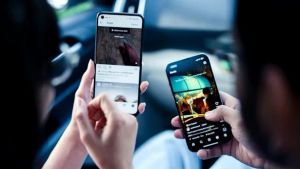JAKARTA - DeepMind said it will launch the beta Synthed version, a tool for watermarking and identifying AI-generated images, through its partnership with Google Cloud.
The company says that this technology will implant a digital watermark directly into image pixels, making it invisible to the human eye. However, the sign can be detected for identification.
This launch is carried out considering that currently AI technology can do everything, including producing a work. Meanwhile, this computer-generated work becomes more difficult to distinguish from what has not been created by the AI system.
We’re excited to launch 𝗦𝘆𝗻𝘁𝗵𝗜𝗗 today with @GoogleCloud: a digital tool to watermark and identify AI-generated images. 🖼️It will be available on Imagen, one of @Google’s latest text-to-image models.Here’s how it works. 🧵 https://t.co/p8s5XK5Ekr #GoogleCloudNext pic.twitter.com/0hixO5ehJo
— Google DeepMind (@GoogleDeepMind) August 29, 2023
We’re excited to launch 𝗦𝘆𝗻𝘁𝗵𝗜𝗗 today with @GoogleCloud: a digital tool to watermark and identify AI-generated images. 🖼️It will be available on Imagen, one of @Google’s latest text-to-image models.Here’s how it works. 🧵 https://t.co/p8s5XK5Ekr #GoogleCloudNext pic.twitter.com/0hixO5ehJo
Thus, the company assumes that AI also presents new risks, such as allowing creators to spread false information, either intentionally or unintentionally.
As one of the artificial intelligence companies, DeepMind is committed to linking people with high-quality information, and upholding trust between creators and users throughout society.
"The part of this responsibility is to give users a more sophisticated tool to identify images produced by AI so that their images can be identified at a later date," the company wrote on its official website.
Although this watermark is grown directly into image pixels, DeepMind promises that Synthed will have no effect on image quality at all.
VOIR éGALEMENT:
Even when the creator adds various filters or changes color to the image, the company says that the watermark will still be detected.
Through this partnership, Google Cloud is the first cloud provider to offer tools to create AI-generated images responsibly and identify them confidently.
"This technology is based on our approach to developing and using responsible AIs, and being developed by Google DeepMind and refined in partnership with Google Research," the company concluded.
The English, Chinese, Japanese, Arabic, and French versions are automatically generated by the AI. So there may still be inaccuracies in translating, please always see Indonesian as our main language. (system supported by DigitalSiber.id)
